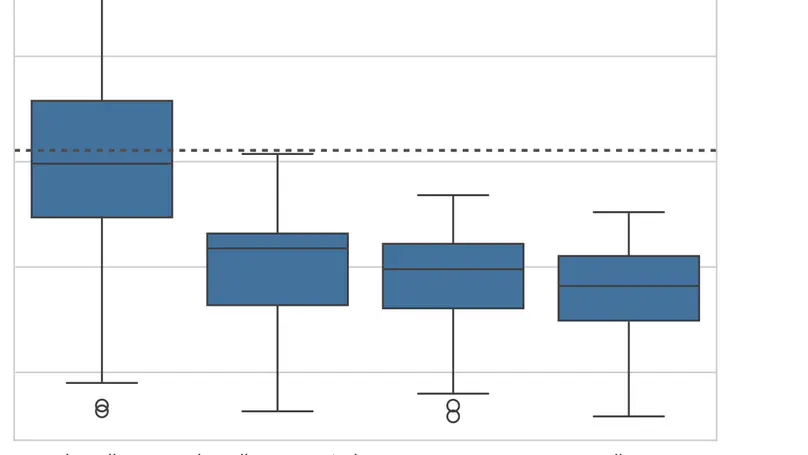Projects

This project proposes the creation of an Alternate Reality Game (ARG) entitled DREAMER, aimed at educating the general public about media. Designed as a playful, transmedia, and participatory experience, this game will utilize engaging mechanics (puzzles, false leads, realistic fictional content, urban or digital exploration) in order to develop participants’ critical skills regarding the media. From a narrative perspective, the game will build a fictional universe based on Namur folklore, thereby promoting the latter while linking playful content with real cultural points of interest in this geographic area.

This PhD project will provide diversity-based sampling techniques for the analysis and test of variability-aware Cyber-Physical Systems (CPSs). In particular, we will explore 1) formal modelling of the variability space of CPSs, 2) Exploring the notion of diversity, and 3) designing novel diversity-based algorithms. The contributions will be evaluated on a diversity of CPSs including space satellites.
Researchers and practitioners have developed automated test case generators for various languages and platforms, each with different strengths. Comparing these tools requires large-scale empirical evaluations, which demand significant setup and analysis. The JUnit Generation benchmarking infrastructure (JUGE) automates the production and comparison of Java unit tests for multiple purposes, aiming to streamline evaluation, support knowledge transfer, and standardize practices. This master’s thesis will use the existing JUGE infrastructure to conduct an extensive empirical comparison of unit test generators for Java, and provide the resulting dataset to the research community.

The use of Large Language Models (LLMs) for automated test generation offers promising results but remains constrained by issues like hallucinations and prompt size limitations. This thesis investigates the integration of a graph-based Retrieval Augmented Generation (RAG) technique to enhance test generation within TestSpark, an IntelliJ IDEA plugin. We introduce GRACE-TG (Graph-Retrieved Augmented Contextual Enhancement for Test Generation), which constructs a graph of code entities using the Program Structure Interface (PSI) and rank nodes via a Personalized Weighted PageRank algorithm. This enables a precise selection of relevant context for LLMs while significantly reducing input size. Evaluation across 147 real-world Java bugs demonstrates that GRACE-TG reduces prompt sizes by over 97% compared to the current version of TestSpark, with equivalent or improved test coverage. These results suggest that graph-based retrieval can be a good candidate to improve test generation with LLMs.